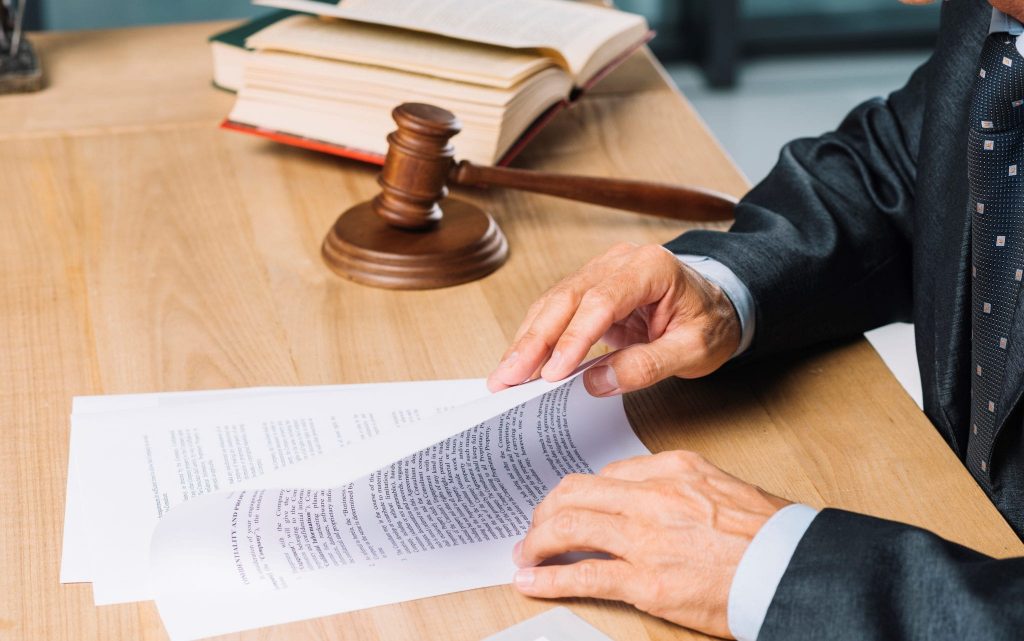
The COVID-19 pandemic will seriously change our lives, our economies, and our financial situation. Already, many are thinking about filing for bankruptcy.
In 2019, more than 38,000 Californians filed for bankruptcy. This year’s figures are still difficult to predict.
Before succumbing to the general trend you should:
- Try to negotiate with creditors. Suggest options for repaying a loan or restructuring payments. Get advice from a specialist who will review your case.
- Examine your debts. By law, not all debts can be written off even in the event of bankruptcy.
- Examine state laws for asset recovery (and security), and types of bankruptcy.
Why do people file for bankruptcy?
The most common cases:
Lack of financial knowledge and adequate planning. Before investing in your own or someone else’s business, you need to conduct a thorough analysis, draw up a clear business plan, study the taxation of the state in which the work will go. A lot of people conclude deals with a shake of hands, which has no legal force. An important point is that you cannot open a business without having a financial reserve for at least a year.
Another reason is that people spend more than they earn. If banks give credit cards, this does not mean that this is free money, which should be quickly withdrawn for various needs.
Also filed for bankruptcy in cases of disability and/or job loss.
Bankruptcy attorney
Most judges do not allow the filing of certain types of bankruptcy (for example, under chapters 11, 13) without the participation of a lawyer. They are technically complex and without a legal education is impossible to do. If you are unable to pay a lawyer, you can find the free help option through your state bar.
The lawyer must make a full inventory of the property and all debts. Under the laws of the state, something will be considered exempt and not subject to seizure and further sale in order to pay off debts.
The lawyer is also present at the interview of the client with the bankruptcy bailiff, whose task is to find the property, sell it and pay the creditors.
A lot of fraud is connected with bankruptcy procedures, and if this is discovered, then a criminal investigation will be opened.
There are times when they can confirm bankruptcy, but one of the debts will be regarded as fraud. In this case, after the end of the bankruptcy procedure, you remain owed the amount to the creditors.
There are still options that some types of debts are not a write-off. In this case, after the end of the bankruptcy procedure, you will still be left with these debts that need to be paid.
A very common story: an expensive car is bought, several monthly payments are made for it, and it suddenly disappears. Technically, they cannot pick it up, so the matter is transferred to a different level of solution.
Picture Credit: Freepik
